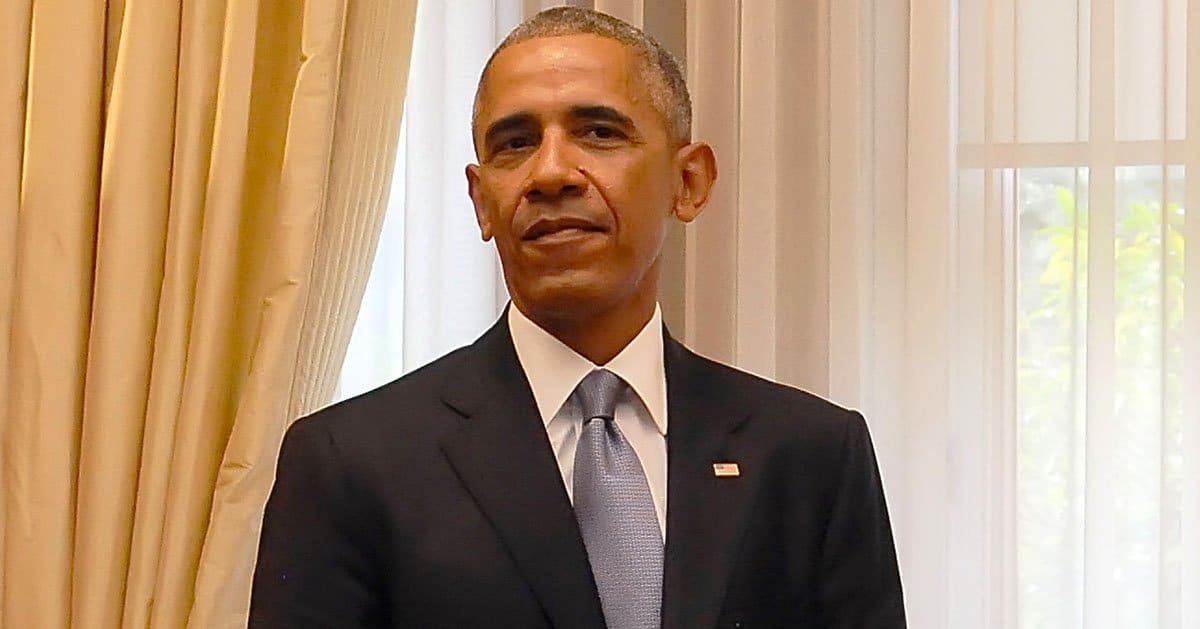



Sen. Lindsey Graham dropped a bombshell on Fox News, alleging a 2016 plot by Hillary Clinton’s campaign to smear Donald Trump as a Russian agent.
Breitbart reported that on “Hannity” Thursday night, the South Carolina Republican unveiled what he called newly declassified evidence of a calculated distraction from Clinton’s email woes. His claims, if true, paint a damning picture of political manipulation.
Graham asserted that Clinton’s team engineered the Trump-Russia narrative to shift focus from her email scandal.
This conspiracy, he said, aimed to tarnish Trump’s 2016 campaign with baseless espionage accusations. The senator’s revelations suggest a coordinated effort to sway voters with a fabricated storyline.
Back in January 2016, Debbie Wasserman Schultz allegedly met with the Soros Foundation to hatch a plan. Graham cited hacked communications revealing Democrats scheming to label Trump a Russian operative. Such collusion, if verified, would expose a deliberate attempt to mislead the public.
An email purportedly showed Clinton’s campaign orchestrating the Trump-Russia tale to eclipse her email scandal. Graham claimed this narrative fueled the FBI’s Crossfire Hurricane probe, launched July 31, 2016. The timing raises eyebrows, suggesting political motives behind the investigation’s inception.
The FBI, Graham alleged, knew of this plot before Crossfire Hurricane began and planned to amplify it. He described the bureau’s actions as adding “oil” to a politically driven fire. This insinuation of complicity challenges the FBI’s impartiality during a critical election year.
Central to the controversy was the Steele dossier, which Graham said underpinned FBI warrants against Trump aide Carter Page.
The dossier’s sub-source, dubbed “Danchenko,” reportedly told agents its contents were mere “bar talk” and hearsay. Yet, the FBI pressed forward, securing multiple warrants based on flimsy evidence.
Three of four FISA warrant applications targeting Page bore then-FBI Director James Comey’s signature. Graham highlighted that the FBI knew the Steele dossier was politically motivated, yet used it exclusively for the warrants. This oversight, intentional or not, casts doubt on the bureau’s investigative integrity.
In August 2016, after Crossfire Hurricane’s launch, Carter Page allegedly asked FBI agent Peter Strzok if Trump would ever become president. Strzok’s reply—“No, no, he won’t. We’ll stop him,”—hinted at bias among the probe’s leaders. Such exchanges fuel suspicions of an agenda-driven investigation.
Graham emphasized that Page and Strzok spearheaded Crossfire Hurricane, amplifying concerns about their impartiality.
Their apparent determination to thwart Trump’s candidacy suggests a misuse of federal authority. The senator’s account portrays an FBI swayed by political currents.
Russians allegedly hacked the Soros Foundation, uncovering talks between Democrats and the group about branding Trump a Russian agent.
Graham called this a “conspiracy” to distract from Clinton’s email scandal and influence the 2016 election. The hack’s revelations, if authentic, expose a sordid political maneuver.
Clinton’s campaign, per Graham, collaborated with an organization to craft this narrative. He described it as a deliberate bid to deflect scrutiny from her email controversy. The coordinated effort underscores a willingness to exploit national security fears for electoral gain.
Graham quoted an alleged Obama statement: “I’m not going to have my president tarnished by the Clinton email scandal.”
This, he suggested, pressured Comey and others to downplay Clinton’s issues. The implication is a White House nudging the FBI toward leniency for political allies.
The senator’s claims, aired on “Hannity” August 1, 2025, demand rigorous scrutiny. If substantiated, they reveal a calculated abuse of power to manipulate public perception. Clinton’s camp, by this account, weaponized a false narrative to dodge accountability.
Yet, the allegations hinge on declassified documents and hacked emails, which require independent verification. Graham’s narrative, while compelling, risks being dismissed as partisan without airtight evidence. The truth lies in the details, which must withstand intense examination.



